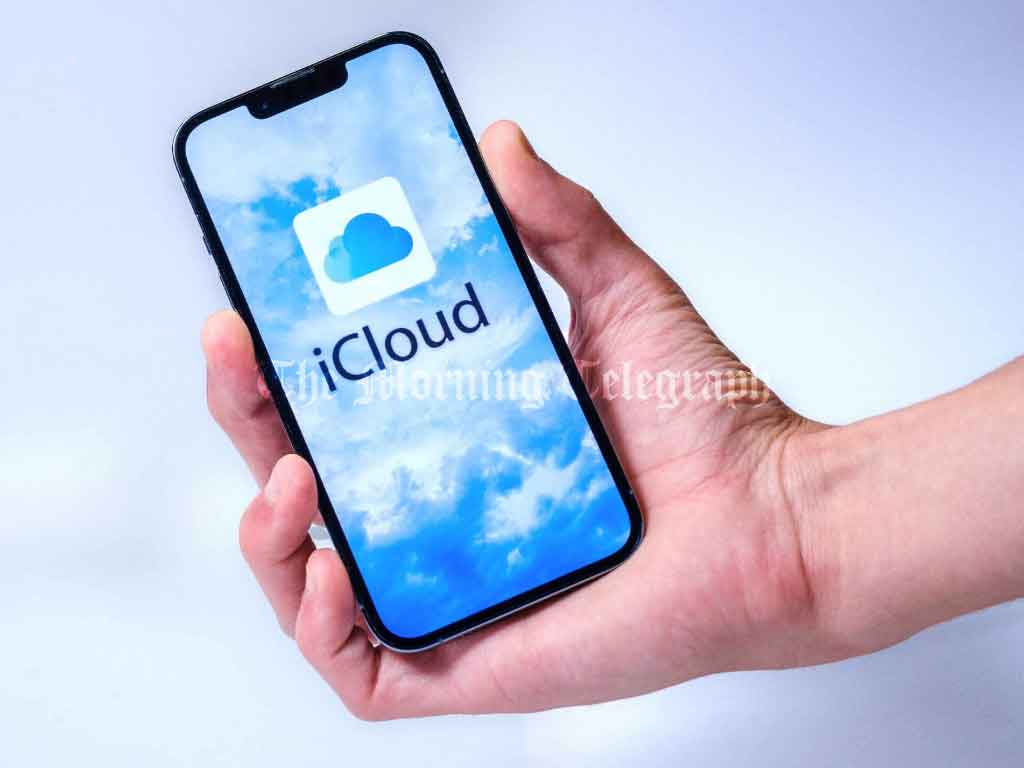
Apple is facing a £3 billion legal battle after being accused of trapping 40 million UK customers into its iCloud service and overcharging them for digital storage. The lawsuit, filed by consumer advocacy group Which?, alleges that Apple’s practices have locked users into its ecosystem over a nine-year period, inflating prices and stifling competition.
Allegations of “Lock-In” and Overcharging
Which? claims that Apple has effectively prevented users from switching to alternative cloud storage providers by making it difficult to transfer data out of iCloud, a practice that the group argues is anti-competitive. The legal action highlights how iCloud customers are initially offered a small amount of free storage, but are then pushed to upgrade to paid plans that range from £0.99 a month for 50GB to £54.99 a month for 12TB. According to Which?, over the past nine years, this structure has led to millions of customers being “locked in” to iCloud and subjected to escalating costs.
The group argues that Apple’s refusal to allow third-party storage providers full access to its devices and services further restricts consumers’ freedom to choose alternative providers. While Apple defends this policy as necessary for security reasons, critics contend that it gives the company undue control over users’ data, ensuring that they stay within the Apple ecosystem and continue to pay for iCloud storage.
Potential Payout for Consumers
If the lawsuit is successful, Which? estimates that the total payout could reach £3 billion, with affected customers potentially receiving around £70 each in compensation. This payout could be one of the largest class action settlements in the UK, signaling a growing trend of legal challenges against big tech firms over alleged anti-competitive practices.
The case also highlights the increasing role of litigation funding. The legal challenge is being supported by Litigation Capital Management, which will fund the case and be reimbursed if it succeeds. The law firm Willkie Farr & Gallagher is representing Which?, but has clarified that it will not receive a percentage of any damages, instead earning fees as the case progresses.
Apple’s Defense and Industry Impact
Apple strongly rejects the accusations, insisting that its iCloud practices are not anti-competitive. The company maintains that iCloud is an optional service, and that many users choose to rely on third-party alternatives for cloud storage. Apple also defends its restrictions on data transfer, stating that they are in place to ensure security and privacy for users, though critics argue that this is a convenient justification for restricting competition.
Despite Apple’s defense, legal experts believe that similar cases against big tech firms will continue to grow. Alan Davis from law firm Pinsent Masons suggests that the value of potential damages could incentivize more class actions, especially with the involvement of litigation funders. He added that while these cases may take years to resolve, the rising volume of legal challenges is likely to lead to significant changes in the way tech companies operate.
Regulatory Oversight and Future Legal Challenges
This lawsuit is part of a broader pattern of legal actions against major tech companies. Facebook, Google, gaming giant Steam, and mobile providers in the UK are all facing similar scrutiny in the Competition Appeal Tribunal.
The UK government has also taken steps to address the dominance of cloud services, with regulators conducting investigations into the practices of tech giants. While no formal rulings have been made yet, legal experts believe that the outcome of these cases could reshape the cloud storage market, potentially leading to more competitive pricing and greater transparency in the way companies handle user data.
A Call for Resolution
Which? is calling on Apple to resolve the matter without prolonged litigation, urging the company to offer consumers compensation and open up the market to more competition. The consumer group hopes that the case will serve as a wake-up call to big tech companies, sending a message that their market power must be held in check and that consumers deserve fair treatment.
As the legal battle continues, all eyes will be on how the court addresses the allegations and whether it could set a precedent for future challenges to big tech’s business practices.




